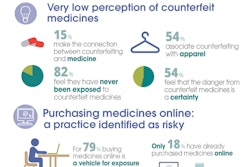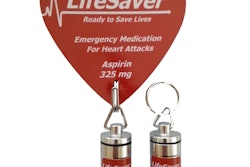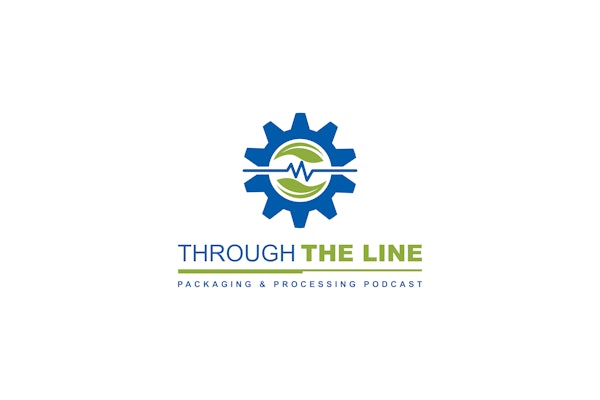Innovation is worthless if no one can afford it.
That statement, said by a dying cancer patient and repeated through the day by experts, journalists, patient advocates, drug company executives and CEOs, pretty much sums up the recent Obama administration forum on pharmaceutical drug prices held at the Health and Human Services Department in Washington, D.C.
"We have to balance accessibility and affordability," said Heather Block, a consumer advocate who takes drugs to treat breast cancer that has spread to her liver and lungs.
She explained, to a packed room in the department's Great Hall that she has racked up $270,000 in medical bills just from one drug, and predicts a "steady rise in bankruptcy claims "from people like me," a middle-class, educated member of society who early in her career happened to work for the Health and Human Services Department.
"It's not sustainable," she explained.
Health and Human Services Secretary Sylvia M. Burwell agreed.
"New medical breakthroughs can change lives, but we must make sure that they are available to those who need them," she said. "For the sake of patients, our health care system, and our economy, we must simultaneously support innovation, access, and affordability."
EDITOR'S NOTEBOOK: NOTEWORTHY EXCERPTS FROM THE FORUM
So, what is the solution? How do you balance creating new therapies while still making it affordable for people to access them?
The reality is, there is no simple answer. In fact, there may not be a one-size-fits everyone answer at all.
But, everyone from drug manufacturers, patient advocate groups, think tanks, pharmacies, and the federal government acknowledge that it is an issue, and are trying to work on it through various avenues.
"Finding a solution to this is not easy," said Marc M. Boutin, Chief Executive Officer, at the National Health Council. "We cannot simply address the cost of one item without looking at total ecosystem. We have to look at the whole healthcare ecosystem. Are we going to pay for new innovation and how are we going to make that accessible to all?"
One avenue Boutin stressed was looking at what patients want.
"Develop high value treatments, but align care and coordinate it with what patients want," he said. "And reducing costs will come."
Don't think the innovation vs. cost balancing act hasn't been a topic of concern for drug manufactures, either.
"Research and development in the industry have had a lasting effect on preventing illness and extending life," said Kenneth C. Frazier, Chairman of the Board and Chief Executive Officer, Merck & Co. "And, there is potential for more. We share your concerns about rising cost of healthcare especially when that cost is passed on to patients. Policy and systemic changes are needed."
This is where holistic patient care, the most used buzzword during the forum, comes into play. But, this, too has its pros and cons.
Take value-based care for an example.
"How do you judge the cost and value of medicine," asked Frazier.
That answer might be different for every person.
For example, he explained, maybe it is important for a terminal cancer patient to stay alive for three more months to see his daughter get married, while for a Parkinsons' patient it's important for the to have a therapy program that allows them to continue working their job with minimal interruptions.
This type of holistic care – looking at everything from whether or not patients are taking their medicines to the amount of time doctors spend with patients to hear their specific problems, to the correct drugs for the correct therapies – takes time and will mean a total overhaul to the total healthcare system.
Boutin echoed similar sentiments.
"They want access to what works for them," he said. "Move away from treating the average. We have to look at how we drive treatments. We need to personalize it."
MORE FORUM COVERAGE: WHAT'S CAUSING PHARMACUTICAL DRUG PRICES TO RISE?
While patient adherence definitely plays a part in keeping drug costs down, it is also a vicious cycle, explained Lisa Gill, Editor, Consumer Reports Best Buy Drugs.
Because of the cost of some drugs, people miss their doses. By missing those doses, that tends to make the cost of healthcare rise. Some healthcare companies have various programs to address this, but that too costs money to staff and run. Plus, patients must be willing to participate.
According to Bianca DiJulio, Associate Director for the Public Opinion and Survey Research Program at the Henry J. Kaiser Family Foundation, the public takes the cost of high drug prices seriously, and thinks it should be a priority.
Some polls they conducted suggest there should be government interference, and legislation should be drafted on how drug companies set prices, limiting the amount they can charge for drugs, as well as allowing importation of drugs from Canada.
"This is a complex problem, and we all know the solution will not be simple," said Burwell. "But it is a problem we must solve. And I know none of us accepts that we must choose between innovation, and a health care system that can provide access to affordable medicines that can heal us and improve our lives.





















